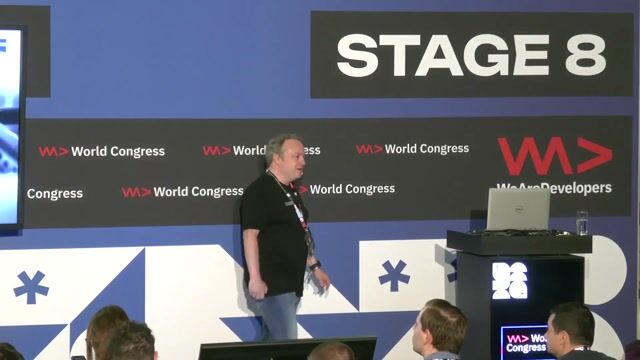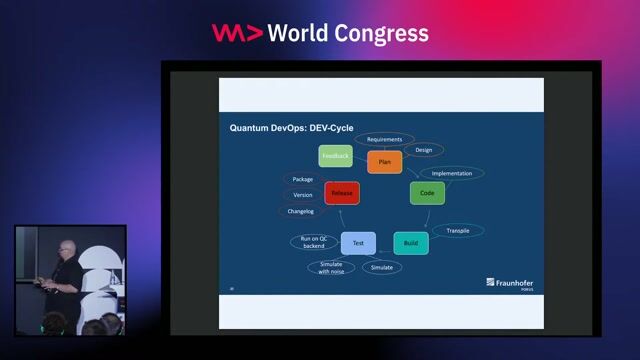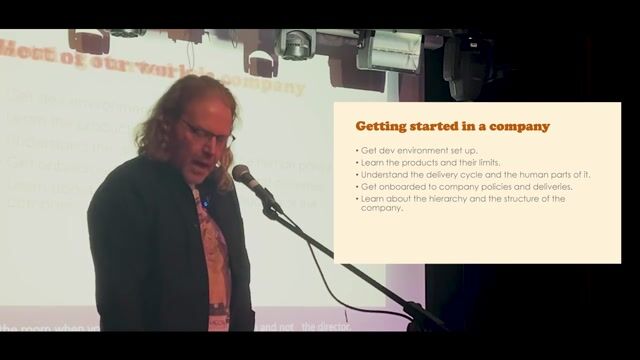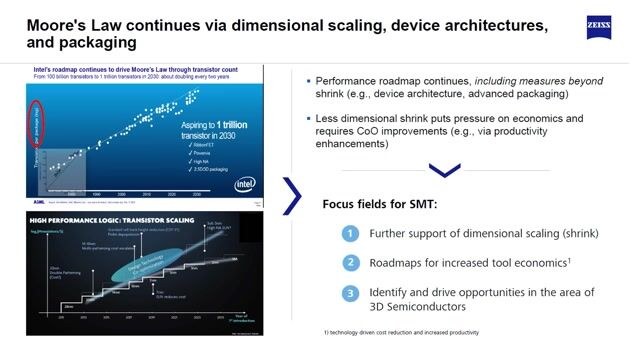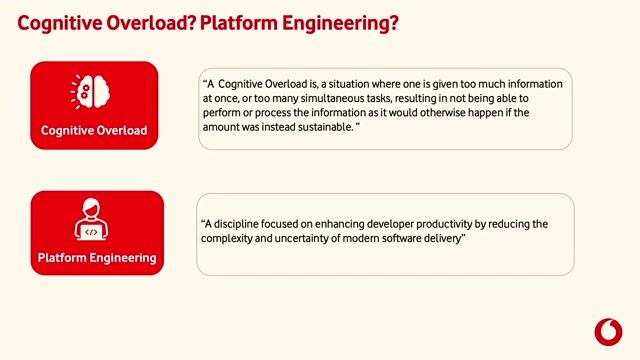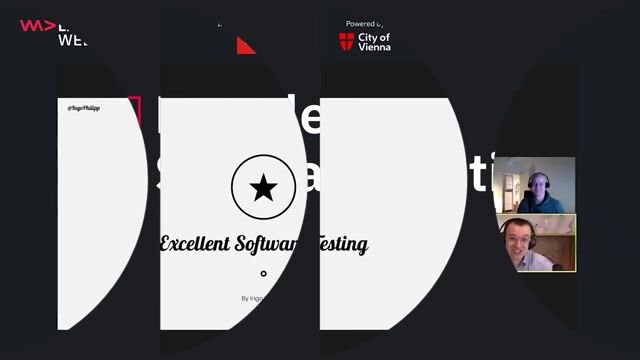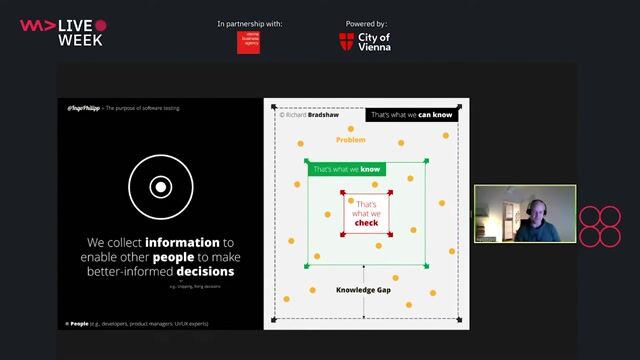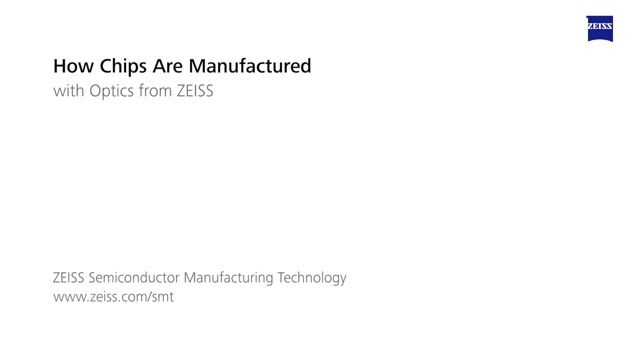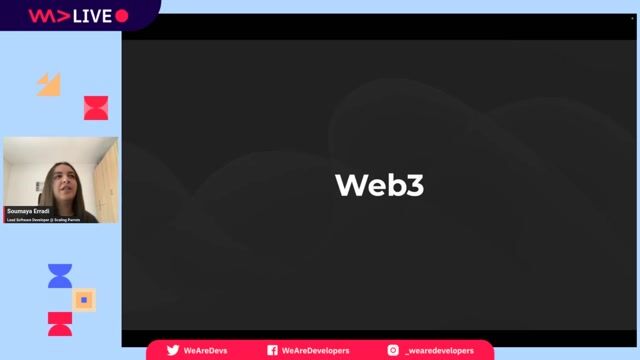Software Developer for Optical/Electrical Wafer Testing
Role details
Job location
Tech stack
Job description
We are seeking a highly skilled and motivated software developer to join our photonics and wafer test automation team. This role focuses on developing and maintaining software solutions for optical and electrical wafer probing, test and measurement data management, and remote control of lab instrumentation. The ideal candidate will have a strong background in Python and OpenTAP, practical experience with optical components and operating a wafer prober station., * Implement remote control interfaces for optical and electrical test instruments (e.g., photodiode testers, modulators, network analyzers).
- Design and maintain data acquisition pipelines for test and measurement data, including signal analysis and visualization.
- Collaborate with hardware and firmware teams to ensure seamless integration of software with probing stations and optical setups.
- Support characterization of optical components such as Photodiodes, Mach-Zehnder Modulators (MZM), and Micro-Ring Modulators (MRM).
- Perform small signal characterization including optical S-parameters, transmission vs. wavelength, and eye diagram analysis.
- Contribute to documentation, validation, and QA processes for software releases.
Requirements
Do you have experience in Visual Studio?, Do you have a Master's degree?, Please note that this position is offered as a fixed-term contract (ITW) for a duration of two years and is intended for candidates who have completed a Bachelor's, Master's or PhD degree within 18 months of the start date.
- Develop automation software using Python and OpenTAP for controlling optical/electrical wafer probers and test equipment.
- Integrate software with Microsoft Visual Studio and manage code repositories using GitHub., * Bachelor's or Master's degree in Electrical Engineering, Optoelectronics, Physics, Computer Science, or related field.
- Proven experience in Python development, including use of engineering libraries (e.g., NumPy, Matplotlib).
- Proven experience with wafer-level optical testing and die-level probing.
- Hands-on experience with OpenTAP and remote instrument control protocols.
- Familiarity with optical test setups, fiber coupling techniques, and integrated photonic components.
- Strong understanding of optical transmission principles and signal integrity.
- Experience with GitHub workflows and Visual Studio development environments.
- Excellent communication skills and ability to work in a cross-functional, global team., * Knowledge of PIC simulation and layout tools (e.g., GDS file handling).
- Exposure to machine learning or data analytics for test data interpretation.
- Familiarity with lab automation, motion control, and precision positioning systems.
- Familiarity with using AI tools for data analysis and efficiency gains in processes.

